Phillip Morales has one of the most infectious and heartiest laughs. A joyful sound of gratitude resonates from deep within as he shares his story of recovery, renewal and healing… a journey that would reconnect him with his roots and usher him along his path to a new beginning.
“I’m from the Gila River Indian Community. I am Akimel O’odham and White Mountain Apache,” Morales said.
The Navy Seabee Veteran was born at the Phoenix Indian Medical Center and, while he did not grow up on the reservation, his life’s journey would one day lead him there.
“My mother, who is Pima and White Mountain Apache, was adopted and never searched for her family. So, after the Navy I sought my tribe out, went to school, learned the language and now I’m an integral part of the tribe,” he shared.
A road not easily traveled
While Morales now carries a most joyful and gracious disposition, the road to where he is today was not easily traveled. In 2011, he struggled with methamphetamine addiction. He became homeless and ran into trouble with the law. His brief incarceration was a pivotal moment in his life. One that would lead him to self-discovery and a spiritual path to healing.
“I was in a jail cell and I could see the moon through the cell that night. I looked up and said, ‘God, you never left me, I left you, come back into my life.’”
That was the moment everything changed for him. He was released from jail and the charges were dropped.
After that, all Morales could think about was getting back to his two sons. He’d been involved with their upbringing but was separated from them during his attempt to get clean. He decided to take the bus to Phoenix VA. “When I got there, I told them I’m homeless and I don’t know what to do, and they said we have a homeless clinic,” he said.
After checking in to the homeless program, he was sent to a shelter where other Veterans were temporarily housed. Morales says there seemed to be a common look of despair on everyone’s face, but there was still a great sense of camaraderie.
“I asked a guy if I can borrow his clippers, and he let me and I shaved my beard. I just felt cool and good. I had clean clothes. I felt like a million dollars. Every little thing I was so humble and grateful for,” he said.
“VA helped me get stable in my mind and my heart.”
Morales has been in recovery since 2011, and is grateful to his family, friends, sponsors and VA for their support. “VA helped me get stable in my mind and my heart, and I was able to get back into our culture,” he added.
Dino Haley, traditional Navajo healer and social worker in the substance use outpatient program at Phoenix VA, incorporates traditional concepts from a ceremonial holistic approach in the form of therapy, stabilization and all facets of mental health, specifically tailored for Native American Veterans.
“When it comes to traditional practices for many Native American tribes and Alaskan Native tribes, there’s that spiritual component that’s innate, that’s in existence even before our current life. For many tribal Veterans, creating that meaningfulness, that reconnection, that relatedness from within the cultures, the songs, the offerings, whatever the tribal practice, is very important,” Haley said.
Topics in this story
More Stories
Two employee innovative projects at Gulf Coast VA have recently been selected as VHA Innovators Network Spark-Seed-Spread Investments.
VA Boston’s recreation therapy department and the New England Patriots Wheelchair Football Team hosted a Veterans Wheelchair Football Clinic.
Feeling overwhelmed or stuck in your thoughts? Take 3 minutes to reset with a mindful breathing practice in this week's #LiveWholeHealth practice.

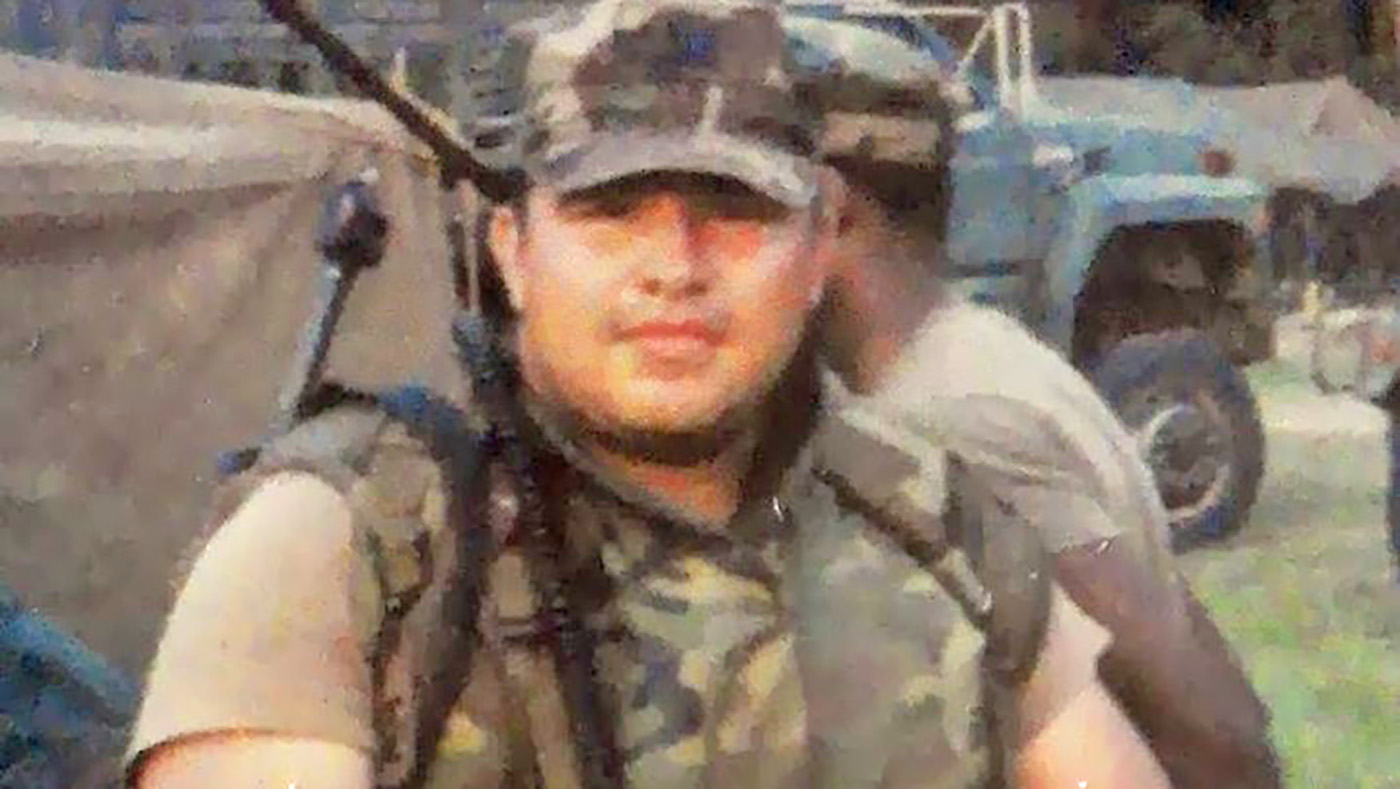
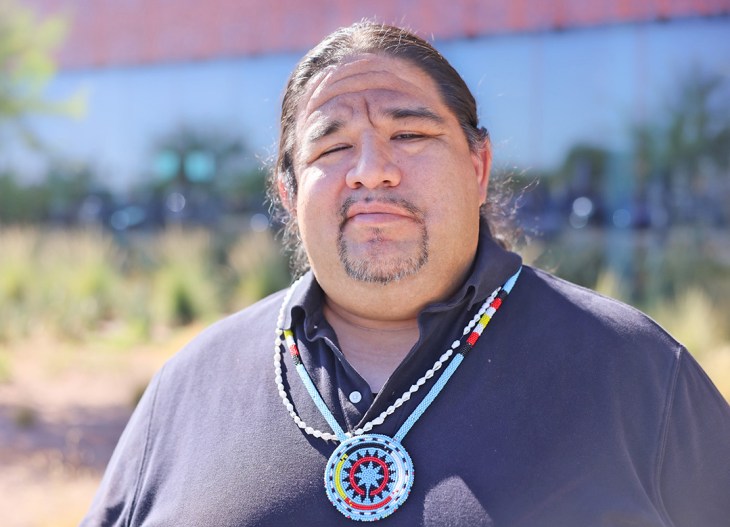
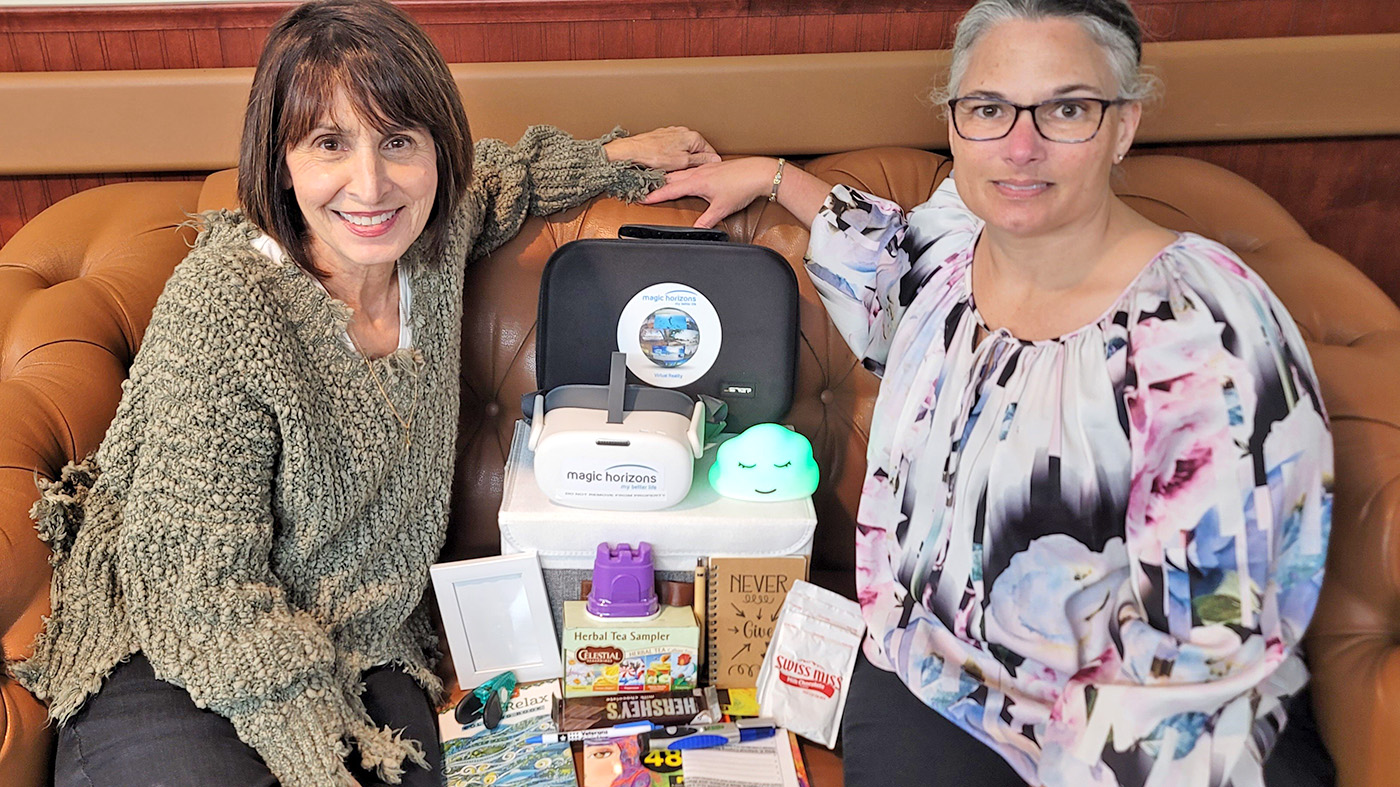
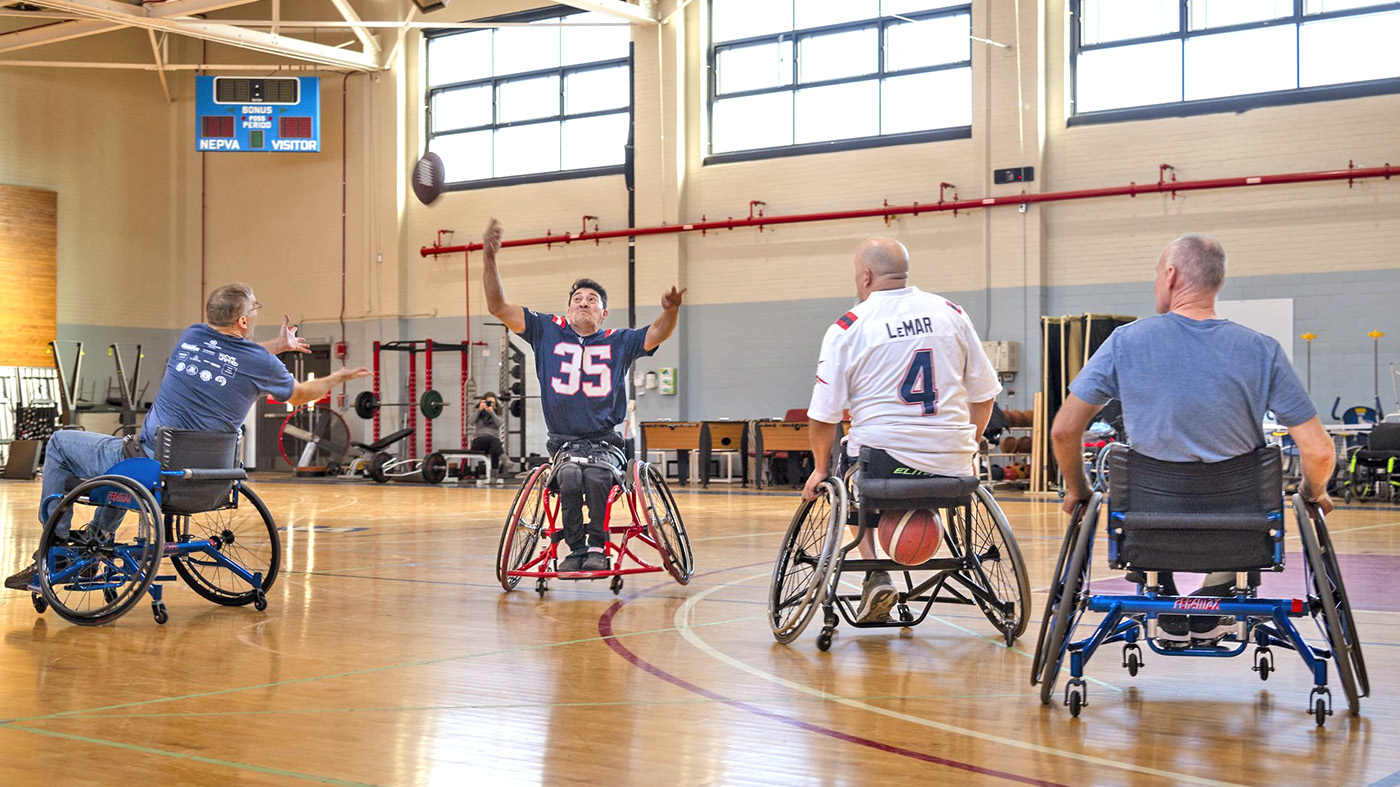
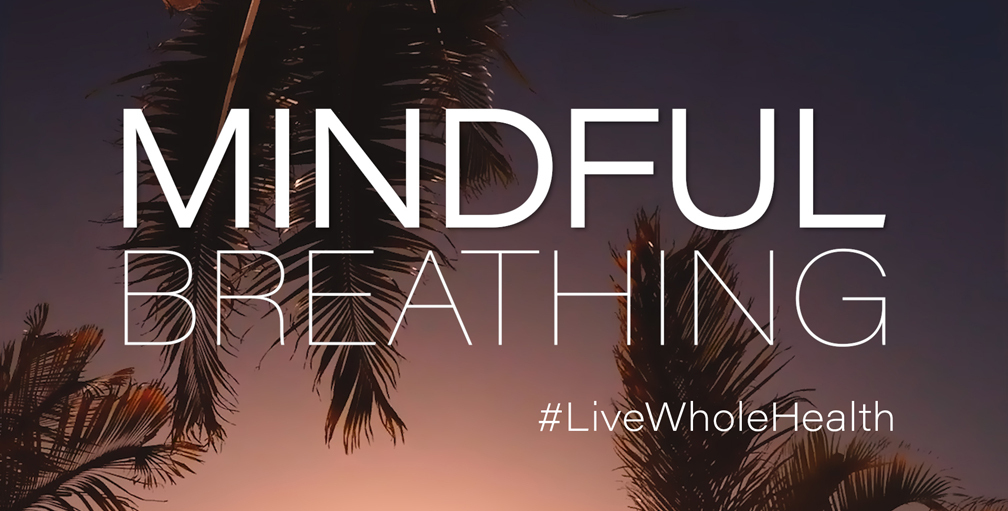


God Bless you and keep you safe. Thank you so much for serving our country. I wish only happiness and good health. Once again thank you… Lillian
Thank you for serving. Thank you for sharing your stories of recovery and healing.